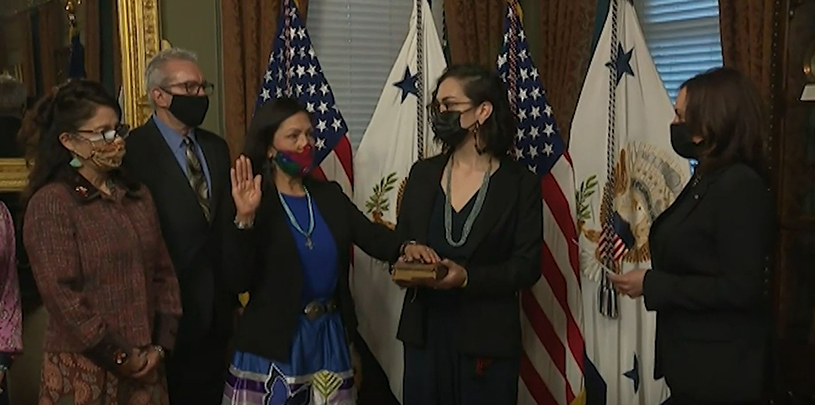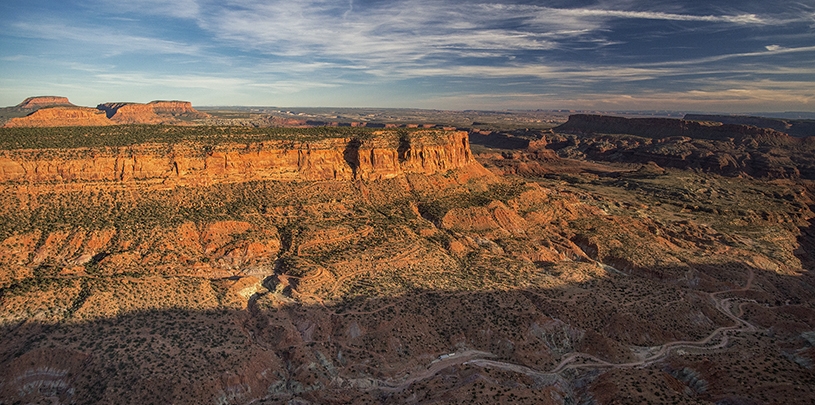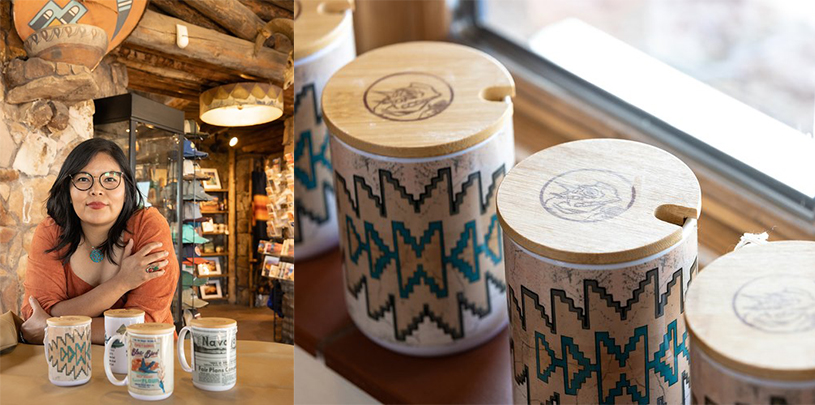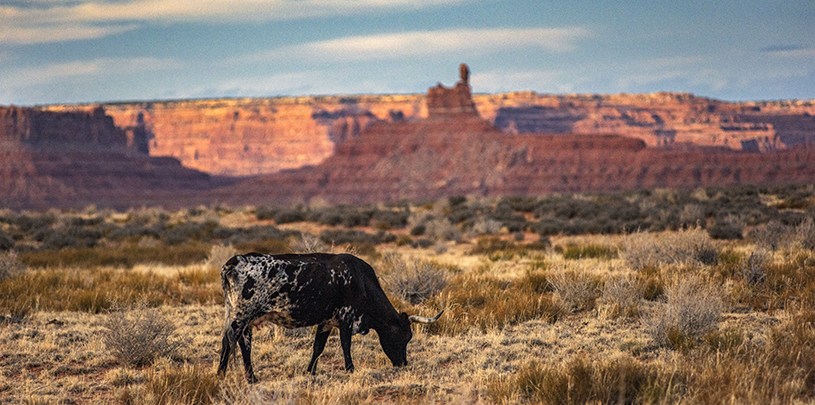
On the occasion of the historic confirmation vote and swearing in of Rep. Deb Haaland as secretary of the U.S. Department of the Interior, I want to first recognize the remarkable strength and resilience of the Laguna Pueblo. Laguna Pueblo raised one of their own with a traditional pueblo upbringing and cornfield teachings, and with those tools one of their very own has validated that even growing up with cornfield discipline an individual can conquer a broken system — a system that has historically limited and marginalized so many.
Interior: historically the evil stepmother of tribal nations
Growing up on the Navajo Nation, I never knew the names of interior secretaries. But I definitely knew the impacts each secretary had on our daily lives on the reservation.
I grew up hearing family stories of the Navajo Long Walk, boarding schools, assimilation programs, relocation programs, Bureau of Indian Affairs (BIA) Commissioner John Collier and his intrusive Navajo stock reduction. In the 1930s Collier returned to Navajo country claiming Navajo land was overgrazed and on the breach of desertification. He forcefully initiated the slaughtering of Navajo sheep, goats, cattle, and horses across the Navajo Nation. My family tells stories of the time John Collier came to their sheep coral. The BIA dragged their sheep to a trench my family had dug and shot their sheep as my grandmothers and relatives fought back. They couldn’t do much more or BIA officers would detain them in tribal jail. Each of these actions were directives from the Department of the Interior and each negatively impacted my people and shaped and shifted my life. Because of this, I’ve always viewed the Department of the Interior as the evil stepmother of tribal nations.
Finding new hope in Deb Haaland
One story I recall more recently, was when my extended grandfather, James Peshlakai, talked in a ceremony a few years back. He told me, “My mom, my siblings, and I were forcefully removed from our traditional Wupatki home by the Department of the Interior to establish a national monument.” James knew these measures were inhuman, but he held out hope for a new era when a tribal member would take that high position and “scare the skin off” so many that have done tribes wrong for so long. Yesterday, I remembered my grandfather, and knew his hope had transpired. Although we are on a long road, I recall and embark on the hope James Peshlakai had.
When I watched the Senate’s confirmation hearing of Deb Haaland, I heard so many senators talk about how dismantling a resource-extractive industry would hurt their constituents’ way of life. I heard many talk about job loss, and losing a familiar economy. I heard senators from the Midwest, Montana, and Wyoming talk about losing their land and their way of life. I find it interesting that these politicians found themselves in the moccasins we tribes have been in for centuries. I am not saying this is all going to be reversed with Deb Haaland, it just makes me find new hope that some level of perspective has been recognized and could be something positive that we build on as a nation moving forward.
The tribal voice for its tribal people
It brings me so many tears of happiness to see a fellow New Mexican, fellow tribal member, and woman leader take on this role. There is no way I can share the feelings I have experienced over the past few days, I can only say that the ancestor blood that runs in my veins have made me shed tears of hope. Today, I feel I can have a simple breath of relief knowing a tribal woman is the voice of the tribal people as it should have always been.
The road ahead
I understand there is a long road ahead, and that much of Deb Haaland’s work can be directed by Congress and the executive branch. But to have this door opened and to experience this level of hope and relief is truly long overdue. So, it goes with saying that from here forward Deb Haaland will be accompanied by my home-fire prayers as she paves this road for many more positively-driven Americans who will follow her leadership in this role as a new perspective takes shape at the Department of the Interior.
The evening Deb Haaland was confirmed, I called my grandmother to share the news. She replied that she remembered the horrible treatment her family and her Navajo people experienced from the BIA. She said, “I can’t take back the tears I shed for our family sheep when they were shot, nor can I take back the anger I felt when the boarding school washed my mouth with soap for speaking Navajo, but now I know I experienced those to understand and feel hope today.”




